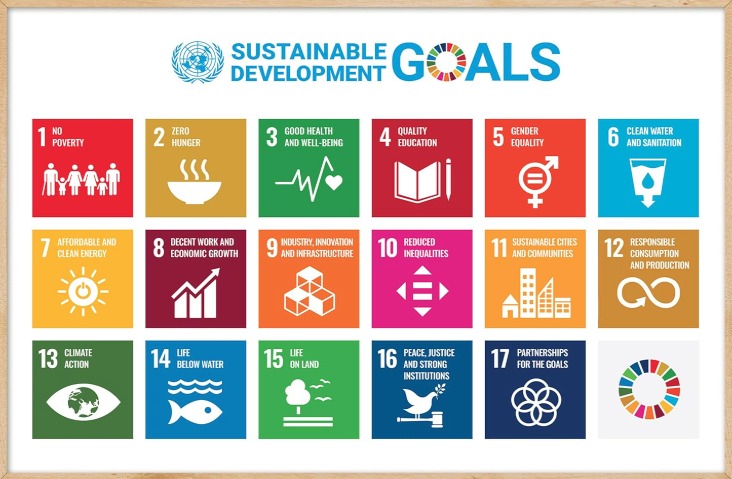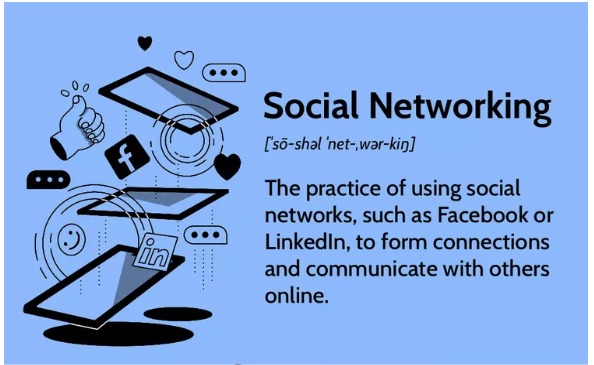Global Alliance Against Hunger and Poverty (Prelims & Mains- IR)
Why in news?
One of the main initiatives championed by Brazil during its G20 presidency in 2024, the initiative will serve as a platform for connecting countries in need of assistance with public policies targeted towards eradicating hunger and poverty, with partners willing to offer expertise or financial support.

What is Global Alliance Against Hunger and Poverty:
During the G20 Summit in New Delhi, Brazilian president Luíz Inácio Lula da Silva announced the creation of a task force to establish the Global Alliance, committing to reversing setbacks in achieving Sustainable Development Goals 1 (poverty eradication) and 2 (zero hunger and sustainable agriculture).
According to a UN Food and Agriculture Organization (FAO) report, the number of people suffering from hunger in the world increased by 122 million people in 2022 when compared to 2019, before the COVID-19 pandemic.
The Task Force is based on Brasil’s extensive experience and international recognition in income transfer policies and reduction of poverty and inequality through programs such as Bolsa Família (which benefits more than 55 million people in the country).
Adherence to the Global Alliance will be open not only to G20 members, but to all interested countries.
AIM:
Focus on establishing a Global Alliance to raise resources and knowledge for implementation of public policies and social technologies that are proven to be effective in reducing hunger and poverty around the world. Brasil’s ministries of Foreign Affairs, Finance, and Social Development and Assistance, Family and the Fight Against Hunger coordinate of the Task Force. The Alliance will provide a platform for countries to support each others’ public policies aimed at eradicating hunger and poverty.
How Alliance will function?
81 countries (including India), 26 international organisations, 9 financial institutions, and 31 philanthropic foundations and non-governmental organisations have already joined the Alliance.
The $2-3 million required annually for its operations will come from member countries and institutions such as the Food and Agriculture Organization (FAO), UNICEF, and the World Bank.
The Alliance has identified an evidence-based policy basket, which comprises more than 50 policy instruments that member countries can avail support for.
Most importance are the six “Sprints 2030”, high-impact areas which will see target-oriented initiatives catering to the most vulnerable. These include: school meals; cash transfers; smallholder and family farming support programs; socio-economic inclusion programs; integrated maternal and early childhood interventions; and water access solutions.
What are sustainable Development Goals?
The Sustainable Development Goals (SDGs), also known as the Global Goals, were adopted by the United Nations in 2015 as a universal call to action to end poverty, protect the planet, and ensure that by 2030 all people enjoy peace and prosperity.
The 17 SDGs are integrated—they recognize that action in one area will affect outcomes in others, and that development must balance social, economic and environmental sustainability.
Countries have committed to prioritize progress for those who’re furthest behind. The SDGs are designed to end poverty, hunger, AIDS, and discrimination against women and girls.
The creativity, knowhow, technology and financial resources from all of society is necessary to achieve the SDGs in every context.

Social Media and Democracy (Mains- Polity & Governance)
Why in news?
In the U.K., The Guardian newspaper announced that it will no longer be posting on X, claiming that it is “a toxic media platform” and that its owner, Elon Musk, “has been able to use its influence to shape political discourse.”

What Is Social Networking?
Social networking uses internet-based social media sites to stay connected with friends, family, colleagues, or customers.
Marketers use social networking to increase brand recognition and encourage brand loyalty.
Advantages
- Social networking allows individuals to make and stay in contact with family and friends.
- People can also connect with unknown individuals and develop new relationships.
- Social networking also allows companies to connect with new and existing clients.
- Companies can create, promote, and increase brand awareness through social media.
- Social networking can help establish a brand as legitimate, credible, and trustworthy.
Disadvantages
- Social networking can facilitate the spread of misinformation about individuals and companies.
- The anonymous aspect of newfound personal relationships requires vigilance.
- Building and maintaining a company profile can be costly.
- Businesses need many followers before a social media marketing campaign generates a positive return on investment (ROI).
Role of Social Media in Building Democarcy
People in 27 countries surveyed by Pew Research Center between 2022 and 2023 generally see it as more of a good thing than a bad thing for democracy. In 20 of these countries, in fact, majorities say social media has benefited democracy in their nation.
People in emerging economies are particularly likely to say social media has advanced their democracy. Assessments are especially positive in Nigeria and Mexico, where nearly eight-in-ten (77% each) say social media has had a positive effect on democracy.
People are far less certain in other countries, including the Netherlands and France, where more say social media has had a negative effect on democracy than positive effect. French President Emmanuel Macron has called for social media regulation to curb the spread of misinformation. In 2023, he also suggested that access to social media should be cut during times of social unrest.
Any communication system which works well is great for citizens and for democracy; it will be used by people to put their voice out. We know what is happening in Palestine because it is being broadcast. The number of people who died in the Iraq war was much higher than the number of people who have died in Palestine. But Iraq happened when there was no social media. But when that same communication system is subsumed by the system committing the atrocity, it is a problem.
Social media at its best is marvellous. On a platform like Facebook, there are, three billion people who have the ability to publish and connect with each other. They are mostly using it for good purposes to organise, or for innocent purposes. So, it would be terrible to blacken all social media, abandon it or clamp down on it. It is possible to stamp out the dangerous way of using social media.


